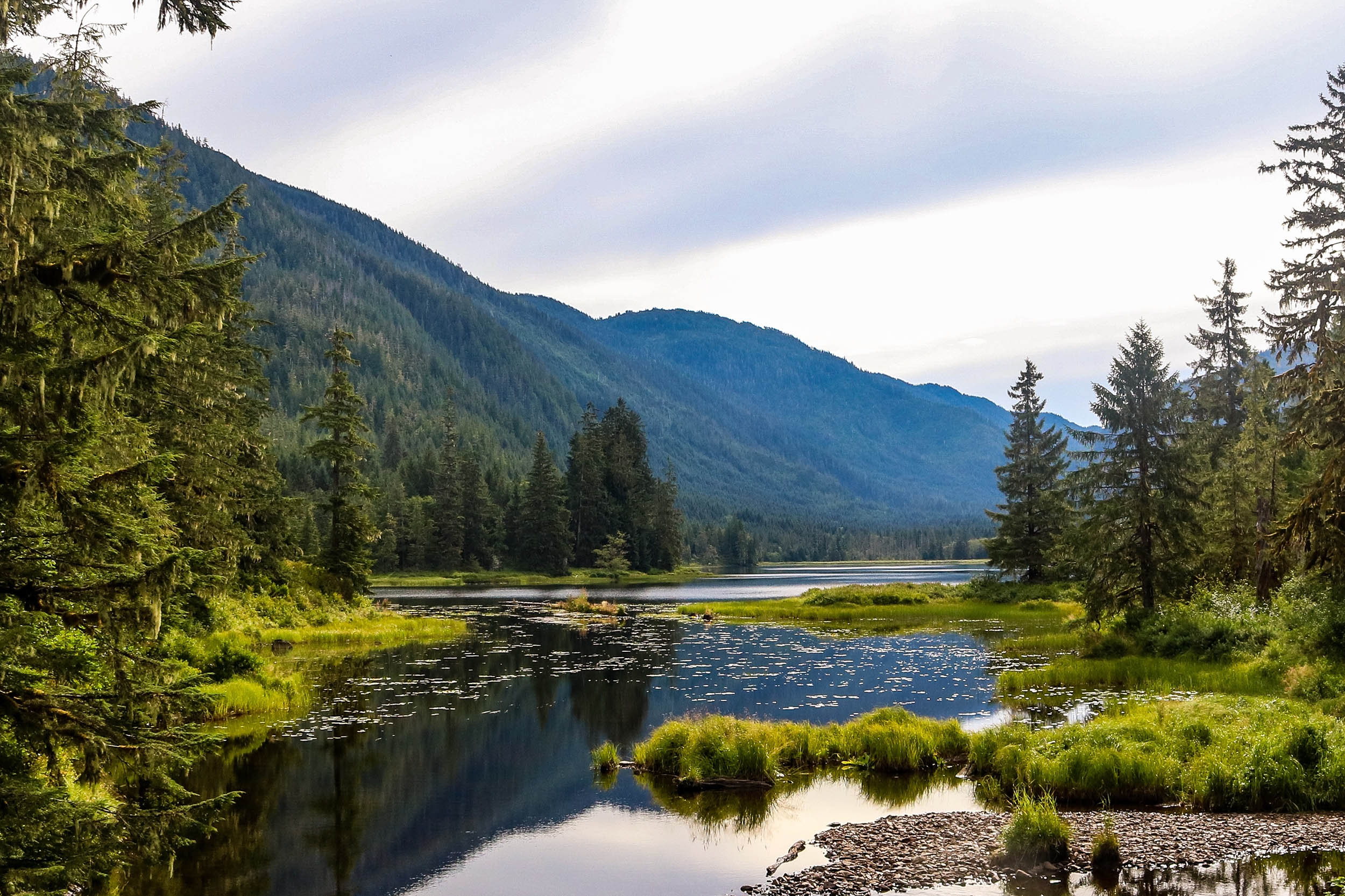
The USDA announced plans to rescind the national forest logging rule, commonly known as the Roadless Area Conservation Rule. This change could open nearly 59 million acres—about 30% of all U.S. national forest land—to logging, road construction, and other development.
What the Rule Did
Introduced in 2001, the Roadless Rule barred the building of roads and commercial logging in designated wilderness areas such as the Tongass and other old-growth forests. The rule also helped safeguard drinking water quality, wildlife habitat, and recreational lands across at-risk landscapes.
Why It’s Being Rescinded
Secretary of Agriculture Brooke Rollins said the rule “created real harm” by preventing necessary actions like controlled logging and fire management. The USDA emphasized that building roads could help prevent wildfires and support long-term forest health by enabling active management in landscapes previously off-limits.
Western state leaders—including the governor of Alaska and legislators in Utah and Colorado—welcomed the decision. They argued that greater access would allow “responsible forest management” and economic growth in rural regions.
Points of Concern
Environmental advocates warn that opening protected lands will fragment ecosystems, increase erosion, threaten wildlife, and harm drinking water sources.
They also point to studies showing that most wildfires occur near roads—meaning the change could exacerbate, not mitigate, wildfire risk.
The Scope and Next Steps
The change will affect forests in more than 40 states, including roughly 4.4 million acres in California’s 18 national forests. A formal repeal notice is expected in the coming weeks, after which designations will shift to local forest managers, who can approve logging and road projects.
This is part of President Trump’s ongoing deregulation campaign under Executive Order 14192, which aims to remove barriers perceived as hampering industry growth.
What This Means
If finalized, this repeal would reshape U.S. forest management by balancing wildfire prevention, economic use, and conservation—under local control. But it also sets the stage for possible legal challenges, new environmental reviews, and public debate around the future of national forests and public lands.
Final Thoughts
Overturning the 2001 national forest logging rule represents a significant policy shift. Proponents see it as restoring common-sense land management and economic opportunity. Opponents worry it will degrade ecosystems, damage watersheds, and weaken protections for some of America’s wildest landscapes. As the formal repeal process unfolds, stakeholders on both sides are preparing for what comes next—whether it’s expanded timber projects or legal action.
Sources:



